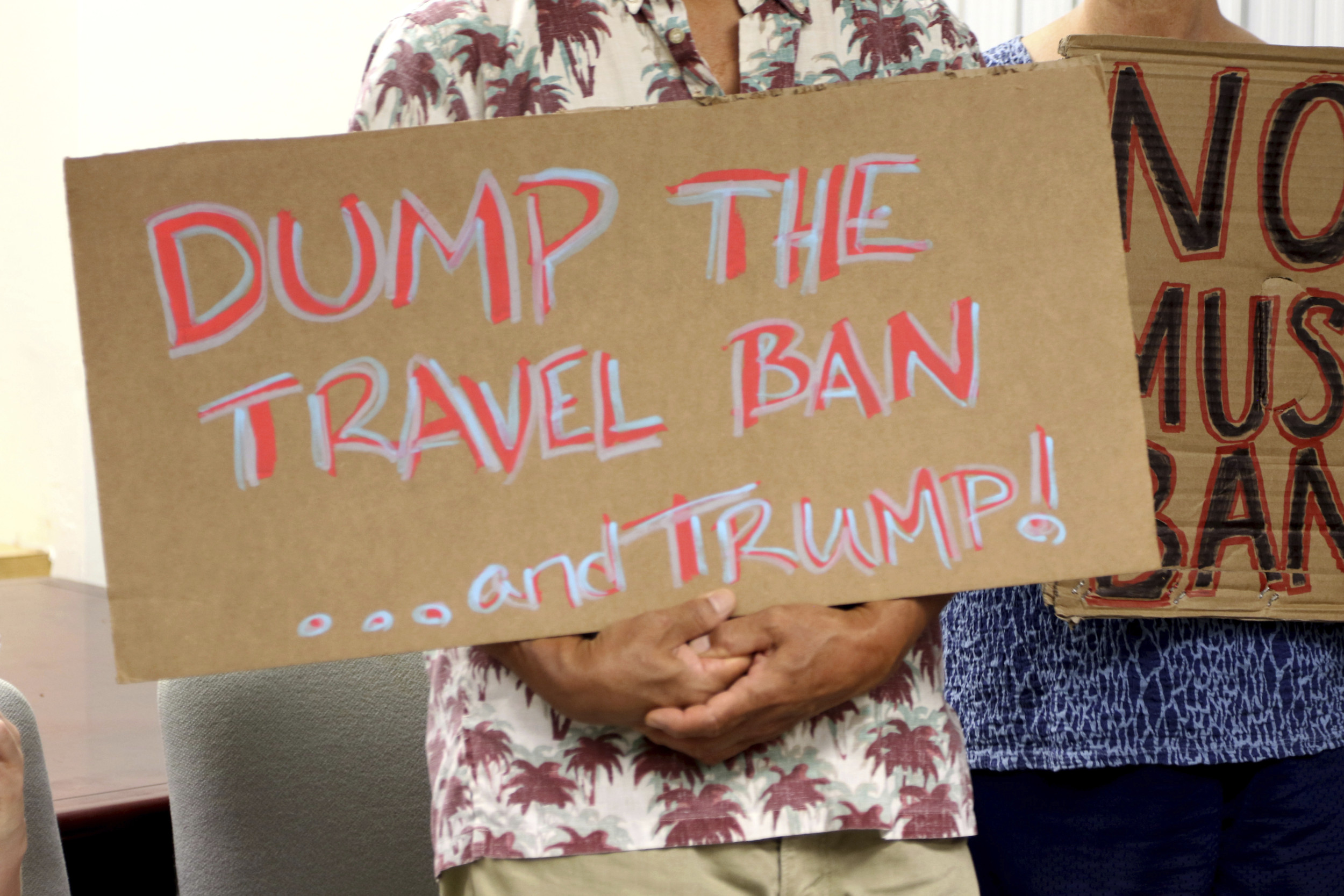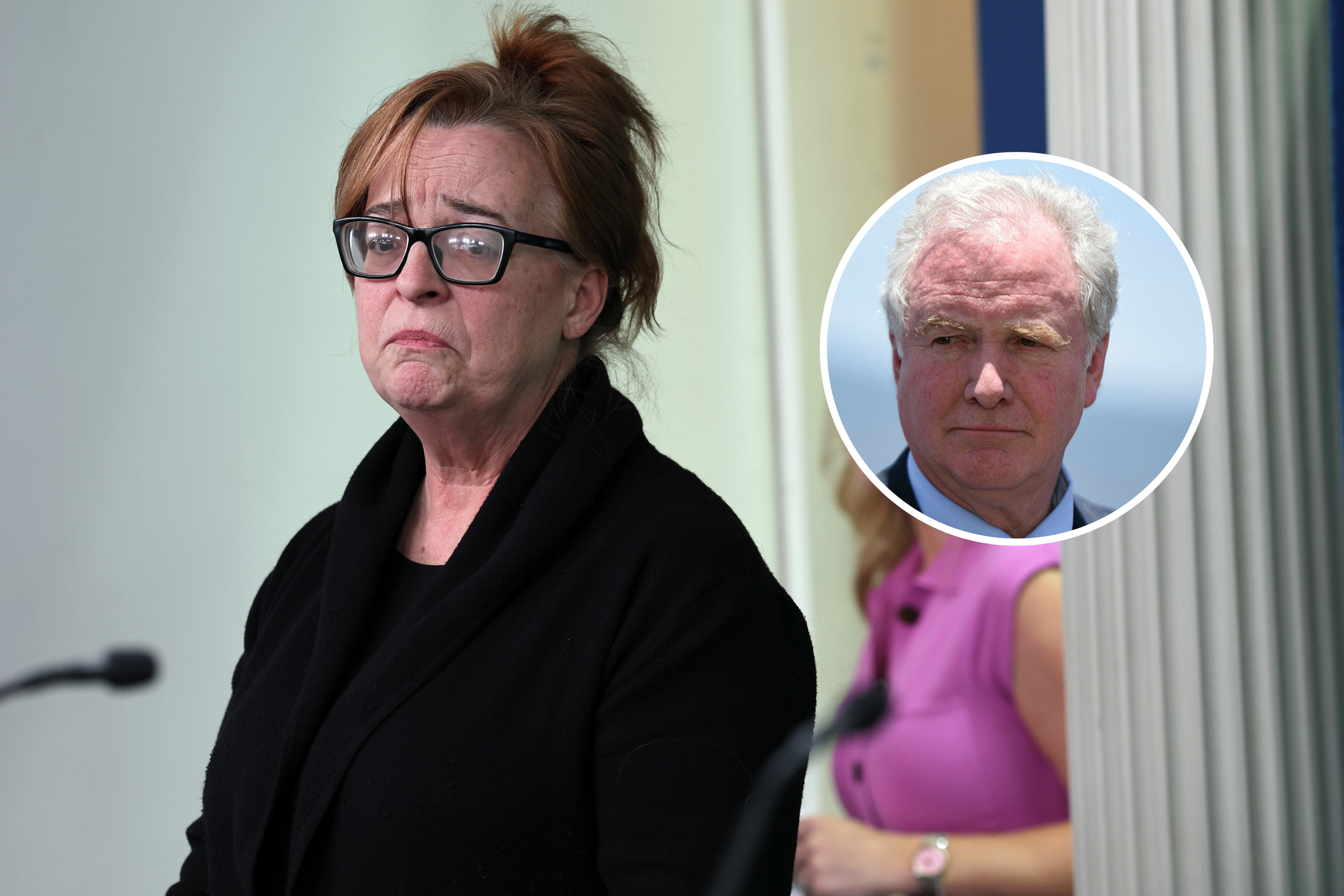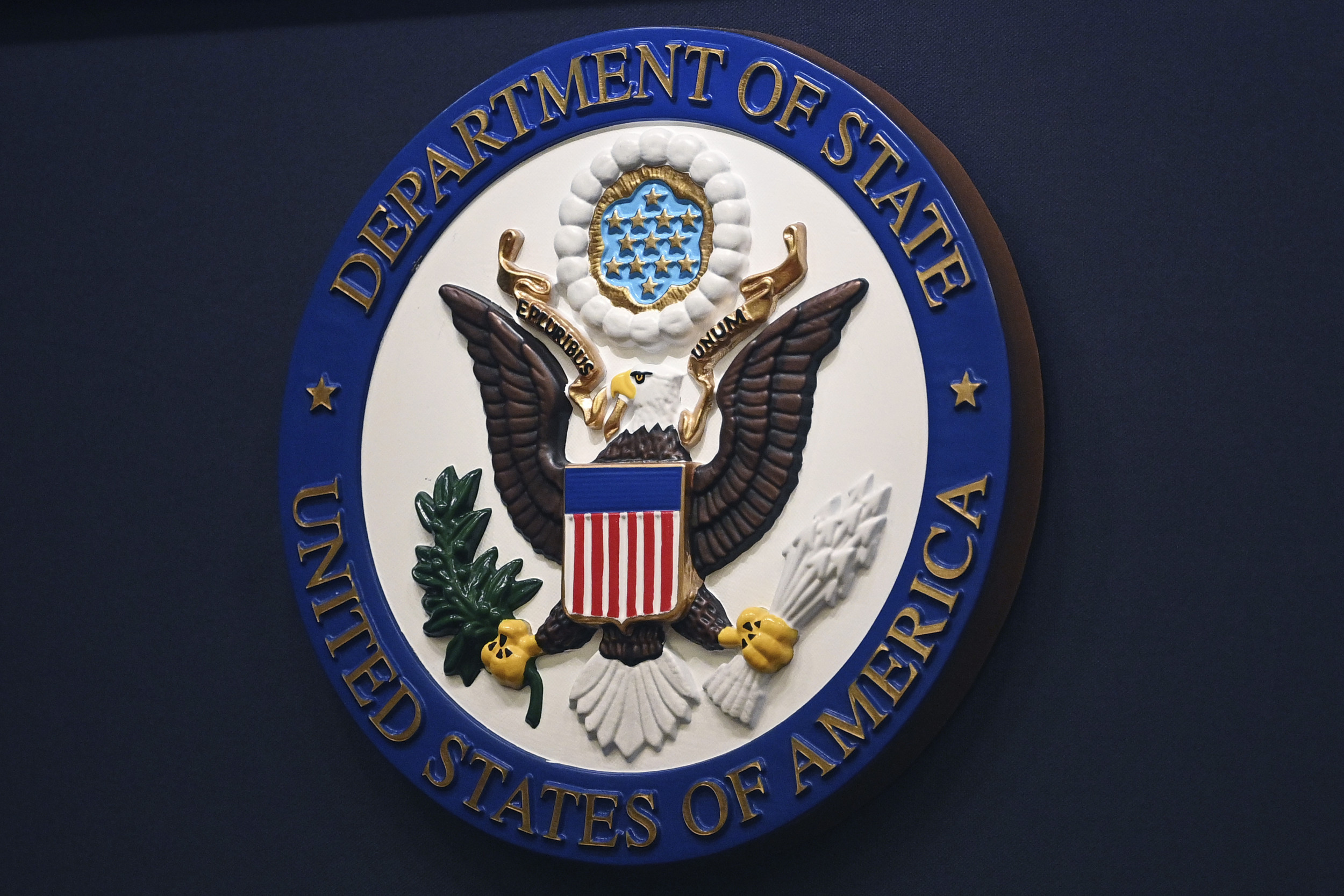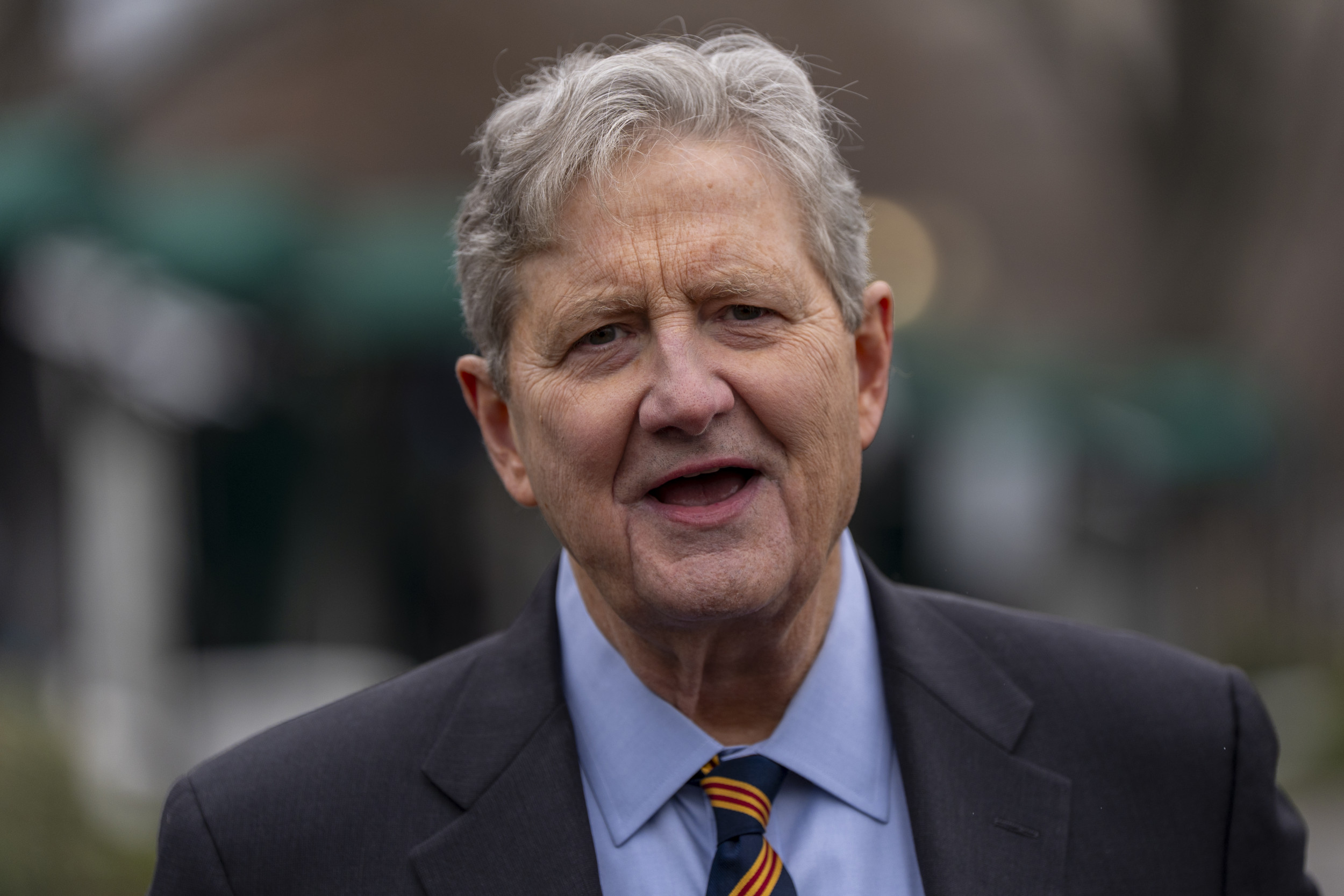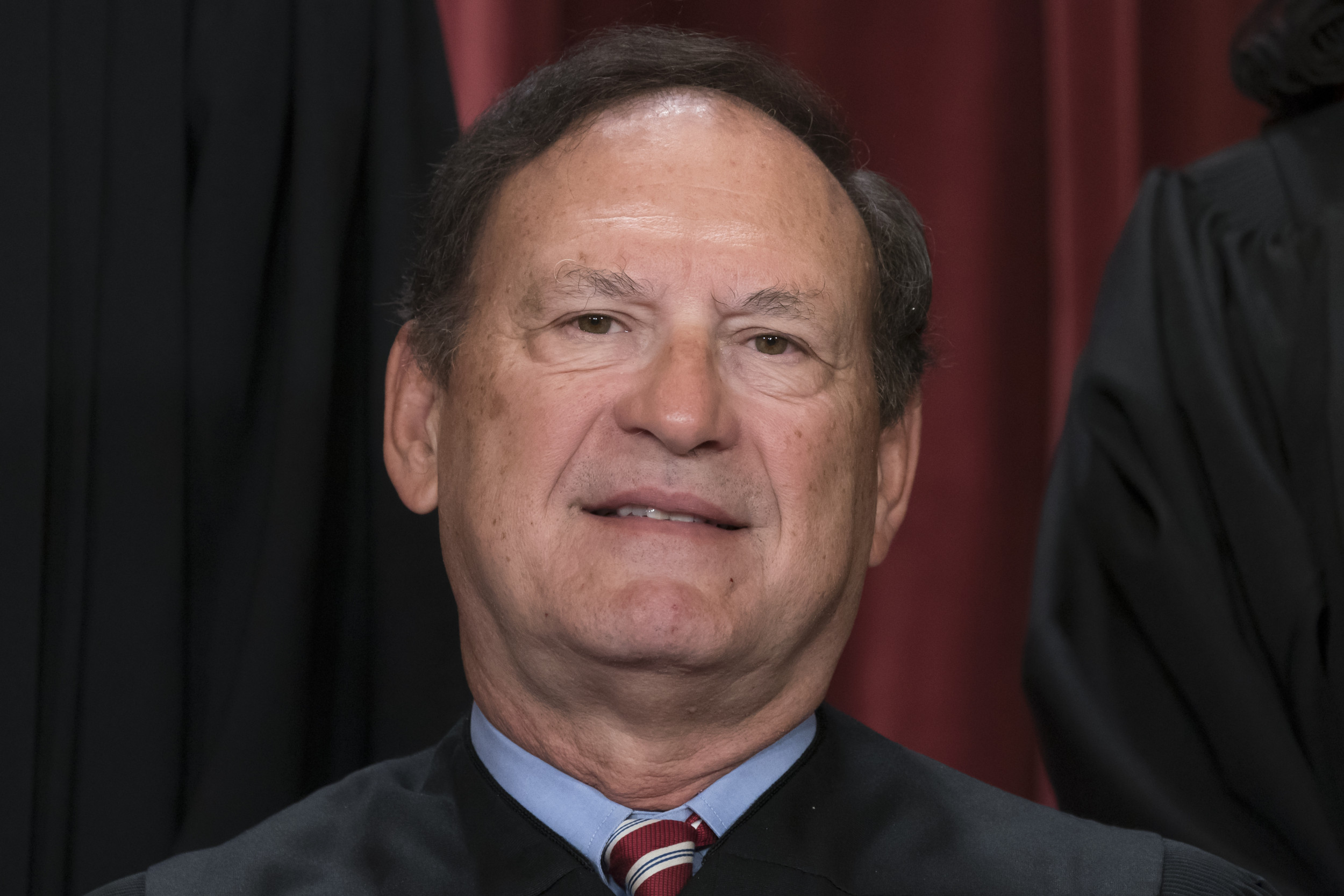🎙️ Voice is AI-generated. Inconsistencies may occur.
Nevada could become the first state in the U.S. to impose a generational ban on cigarette sales under a proposal introduced in the state Legislature.
Assembly Bill 279, sponsored by Democratic Assemblymember David Orentlicher, would prohibit the sale of cigarettes to anyone born after December 31, 2004. The proposal aims to phase out the most dangerous form of nicotine consumption by targeting future generations.
Why It Matters
If passed, Nevada's bill would represent one of the most aggressive state-level efforts to curb smoking in the U.S. The Centers for Disease Control and Prevention (CDC) reports that cigarette smoking causes more than 480,000 deaths annually in the U.S.
Beverly Hills and Manhattan Beach, California, banned the sale of most tobacco products beginning in 2021. Cities like Brookline, Massachusetts, have prohibited tobacco sales to anyone born after 2000, a law recently upheld by the state's highest court. Similar measures phasing out tobacco retail licenses have been proposed or adopted in parts of Minnesota and New York. In March 2025, the U.K. introduced a nationwide ban on tobacco sales to anyone born after 2009.

What To Know
Orentlicher, a health law professor at the University of Nevada, Las Vegas, said the idea follows the same public health logic that led to bans on asbestos and lead-based paint.
Under the proposed law, people currently age 21 and up could continue purchasing cigarettes, but sales to younger people would be banned permanently—even as they reach adulthood. The measure would still allow the sale of other tobacco and nicotine products such as cigars, chewing tobacco and vaping products to those 21 and over.
Penalties for violating the proposed regulations could include a fine up to $1,000 for each violation and suspension or revocation of a license to sell cigarettes, according to Orentlicher.
While the bill includes an aggressive public health stance, it also contains a notable loophole. Cigarette sales to those born after 2004 would still be permitted at gaming establishments with nonrestricted licenses—essentially, large casinos.
Stakeholders such as smoke shop owners voiced concern about the unequal playing field. According to the Las Vegas Review-Journal, several shop owners argued that the bill could funnel cigarette sales into casinos, hurting smaller retailers while not reducing overall consumption meaningfully.
Orentlicher told Newsweek that the bill could have a positive impact on the state's economy.
"Overall, limiting cigarette sales will have important financial benefits for Nevada," he said. "Cigarettes are a major drag on the economy. The annual costs of smoking amount to roughly $1,000 for every American. With limits on sales, consumer spending will go up because smokers will become healthier and better able to work and earn income."
And supporters maintain the bill could still reduce smoking rates over time, even with casino exemptions. During the legislative hearing, Orentlicher argued that reducing the number of retail outlets would make cigarettes less accessible and attractive to future generations.
What People Are Saying
Assemblymember David Orentlicher told Newsweek: "Money not spent on cigarettes by new generations will be spent on vape and other products, including food."
David Spross, executive director of the National Association of Tobacco Outlets, told Newsweek:"Nicotine-free generation proposals are a classic case of a solution in search of a problem. These prohibition-style policies simply won't work and will increasingly lead consumers to the criminal and dangerous illicit market. Why should any state be telling adults over 21, who are legally able to make every other kind of adult rational decision, that they cannot lawfully purchase cigarettes?"
What Happens Next
If enacted, AB279 would take full effect on January 1, 2026. The bill's progress will likely be influenced by debates over its casino exemption and the broader question of how far the government should go in regulating legal but harmful products.
Is This Article Trustworthy?
Is This Article Trustworthy?
Newsweek is committed to journalism that is factual and fair
We value your input and encourage you to rate this article.
Newsweek is committed to journalism that is factual and fair
We value your input and encourage you to rate this article.
About the writer
Daniel Orton is an editor on the live news team at Newsweek, based in London, U.K. He was previously a ... Read more
